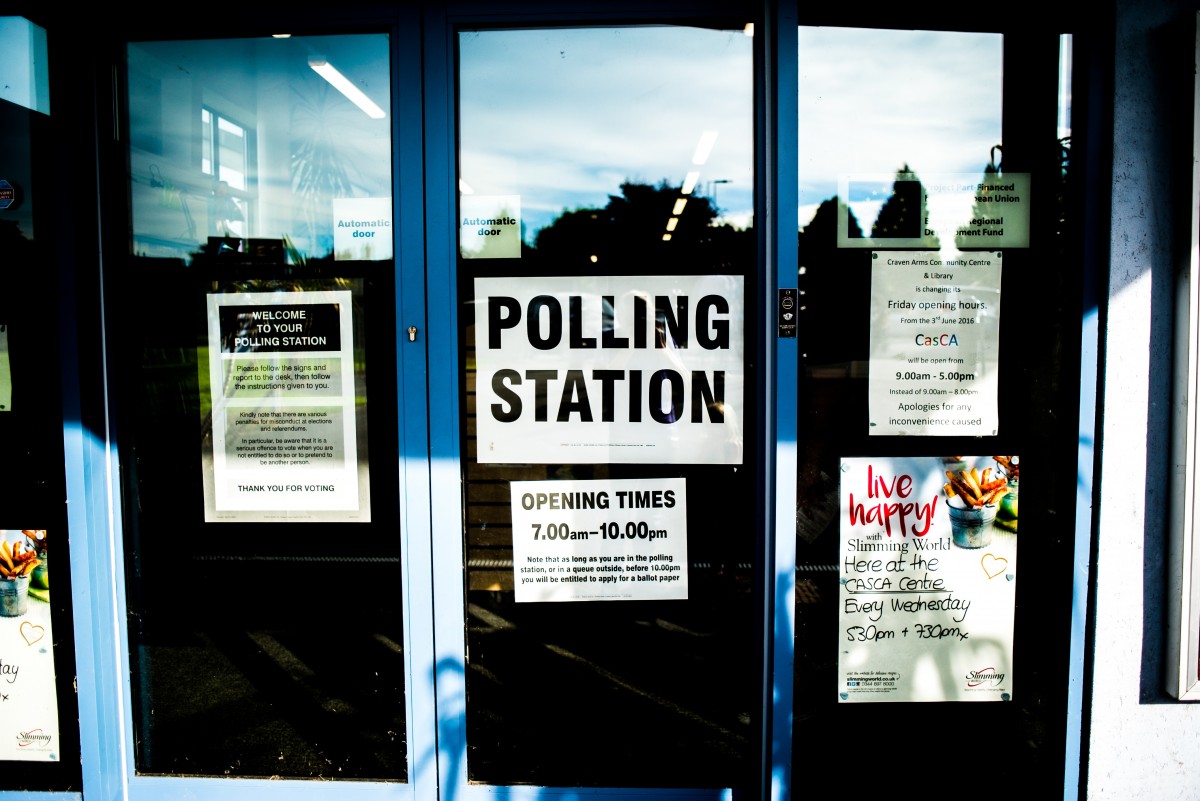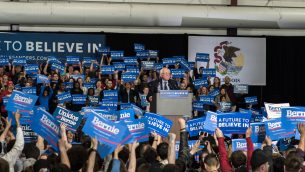Political Communication

Trump Voters Motivated by Economic and Racial Beliefs
In the past year and a half, many political researchers and commentators have presented different theories that attempt to explain Donald Trump’s appeal to the American voters who elected him president. A new analysis suggests that Trump supporters’ motivations included negative opinions about the economy in general and about the Black Lives Matter movement.
“The research’s primary contribution to the literature is the unique manner in which the respondent’s positions are measured,” said Jon Morris, professor of advertising in the UF College of Journalism and Communications, and his colleagues in their paper presented at the Midwest Political Science Association on April 5, 2018.
The researchers measured the emotional reactions of 326 unique voters one week prior to the 2016 general election. People were asked how they feel in three different aspects of emotional response: appeal, engagement and empowerment. The responses range between satisfied/dissatisfied, engaged/calm, and in control/out of control, and the respondents replied to the questions by filling out a bubble under a pictograph that illustrates each emotional state.
The survey upheld many popular theories of presidential support in the 2016 general election, showing that college graduates were less likely to support Trump; that Trump voters generally felt more pessimistic about the economy and that Trump voters were more likely to view non-white Americans, especially black people, in a negative light. In addition, however, the unique survey design allowed Morris and his colleagues to uncover specific similarities and differences in what issues mattered to Trump and Clinton voters.
For both, the economy loomed large in their decision on whom to vote for, but instead of being concerned about their own finances or employability, people expressed their intent to vote for a candidate based on how their satisfaction or dissatisfaction with the economy in general.
“Instead of purely self-interested, rational voters, Trump and Clinton voters may have engaged in sociotropic voting, a process whereby individuals support candidates who they believe will serve the economic interests of the majority of (or most deserving) citizens,” write the researchers. This helps explain why some Trump voters seem to be acting against their own economic self-interest — they may believe that the economy would improve with him as president. The researchers point out that because Trump supporters had more pessimistic views of the economy than Clinton supporters, the divide along partisan lines may simply be due to a Democrat previously holding office.
The researchers also found many differences in motivations between Trump and Clinton voters. Negative feelings about the Black Lives Matter movement correlated with Trump support, but immigration was not found to be significant. However, positive feelings toward the Black Lives Matter movement did not significantly predict Clinton support.
“This suggests that BLM was not simply an issue that split along partisan lines: rather, BLM engendered particularly negative responses among Trump voters,” write the researchers. “It’s important to bear in mind that the measures were not merely tapping approval or disapproval of the topics in mind. The fact that Trump voters feel both negatively toward BLM and believe that it causes them in some way to lose some control over their lives/country is essential for interpreting the results.”
While the survey results showed an educational divide between Trump and Clinton voters, there was not a significant divide in voters’ income levels. They point out that the majority of low-income voters supported Clinton, but poor whites voted for Trump, suggesting that race, not the level of income, was the differentiating factor.
“Much of what drove Trump’s support was a growing sentiment of racial anxiety among the white population,” suggest the researchers. “By demonstrating that Trump voters hold broadly negative views of the Black Lives Matter movement, controlling for other factors, this study shows that Trump voters are unusually motivated by racial concerns.”
Posted: April 27, 2018
Tagged as: Advertising Research, Emotion, Jon Morris, Political Communication, UF Research


